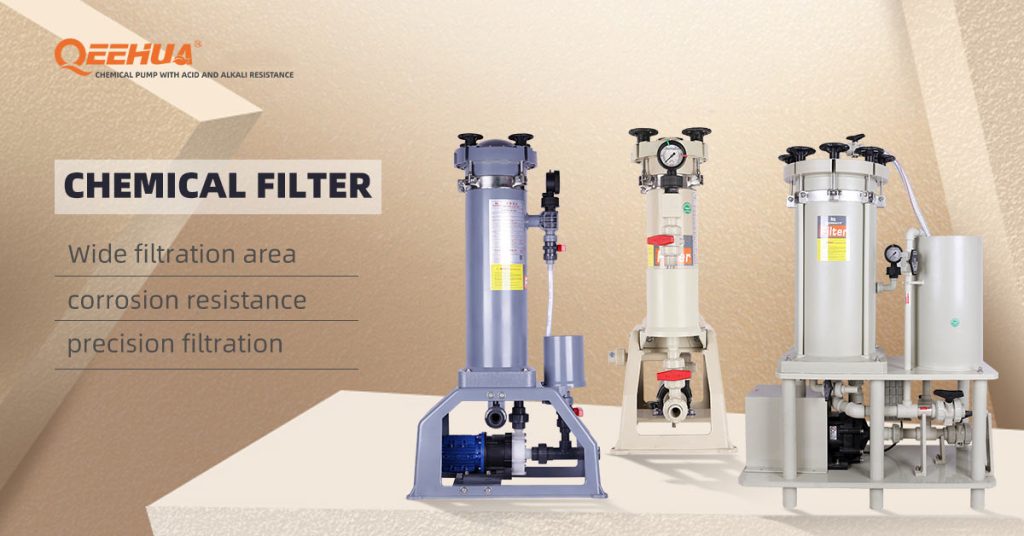
# Electroplating Chemical Filter: Enhancing Efficiency and Purity in Metal Finishing Processes
Electroplating is a critical process in the metal finishing industry, used to enhance the appearance, durability, and functionality of metal components. However, the success of electroplating heavily relies on the purity and consistency of the chemical solutions used. This is where electroplating chemical filters come into play, ensuring that the plating baths remain free from contaminants and operate at peak efficiency.
## The Role of Electroplating Chemical Filters
Electroplating chemical filters are designed to remove impurities, particulates, and other contaminants from the plating solutions. These contaminants can originate from various sources, including raw materials, equipment, and even the environment. If left unchecked, they can lead to defects in the plated finish, such as pits, roughness, or uneven coatings.
By integrating a high-quality chemical filter into the electroplating system, manufacturers can maintain the integrity of their plating baths. This not only improves the quality of the finished product but also extends the lifespan of the plating solution, reducing waste and operational costs.
## Key Benefits of Using Electroplating Chemical Filters
### 1. Improved Plating Quality
One of the most significant advantages of using an electroplating chemical filter is the enhancement in plating quality. By removing impurities, the filter ensures a smooth, uniform coating on the metal surface. This is particularly important for industries where precision and aesthetics are paramount, such as automotive, aerospace, and electronics.
### 2. Extended Bath Life
Contaminants in the plating bath can accelerate the degradation of the solution, leading to frequent replacements and increased costs. A chemical filter helps to maintain the chemical balance of the bath, prolonging its usability and reducing the need for costly replenishments.
### 3. Enhanced Process Efficiency
Clean plating solutions facilitate better conductivity and more efficient deposition of metal ions. This results in faster plating times and reduced energy consumption, contributing to overall process efficiency.
### 4. Environmental and Safety Benefits
By minimizing the release of contaminated waste, electroplating chemical filters contribute to a safer and more environmentally friendly operation. This aligns with regulatory requirements and promotes sustainable manufacturing practices.
## Choosing the Right Electroplating Chemical Filter
Selecting the appropriate chemical filter for your electroplating process depends on several factors, including the type of contaminants present, the volume of the plating bath, and the specific requirements of your application. Common types of filters include cartridge filters, bag filters, and depth filters, each offering unique advantages.
It’s essential to work with a reputable supplier who can provide tailored solutions and ongoing support. Regular maintenance and timely replacement of filter elements are also crucial to ensure consistent performance.
## Conclusion
Electroplating chemical filters are indispensable tools in the metal finishing industry, playing a vital role in maintaining the purity and efficiency of plating solutions. By investing in high-quality filtration systems, manufacturers can achieve superior plating results, reduce operational costs, and contribute to a more sustainable production process. Whether you’re in automotive, electronics, or any other industry that relies on electroplating, a reliable chemical filter is key to staying competitive and delivering exceptional products.
Keyword: electroplating chemical filter
